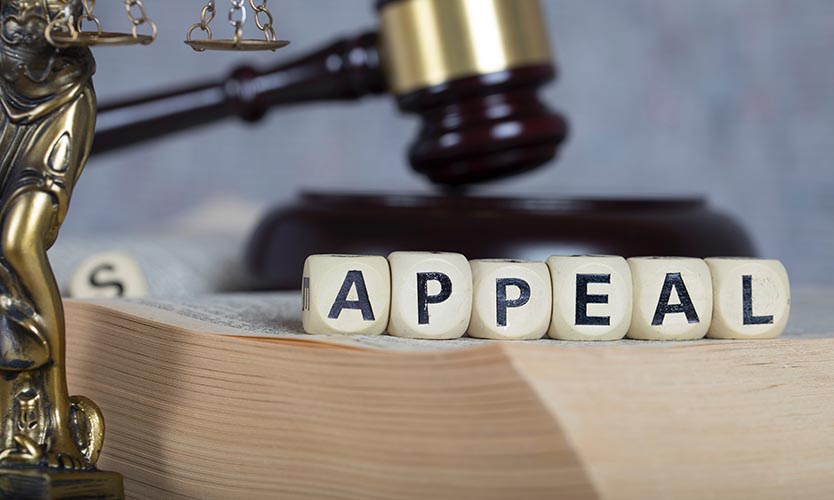Federal appeals court dismisses COVID-19 mandate firing case
- August 9, 2025
- Posted by: Web workers
- Category: Workers Comp

A federal appeals court on Friday dismissed a discrimination lawsuit filed by a television cameraman for a Boston news station who lost his job after refusing the COVID-19 vaccination mandate, stating that the man failed to prove that his employer would face undue hardship by accommodating him.
George Rodrique sued WCVB-TV and its parent company Hearst Stations Inc. after the station denied his request for a religious exemption from the company’s COVID-19 vaccination requirement in 2021 and terminated him for refusing to get vaccinated, according to Rodrique v. Hearst Communications Inc., filed in The Court of Appeals for the First Circuit.
Mr. Rodrique claimed the company violated Title VII of the Civil Rights Act of 1964, which prohibits employers from discriminating against their employees based on religion.
As documented in the ruling, “(a)lthough he did not subscribe to any particular organized religion, he had sincerely held religious beliefs that were ‘an amalgamation of many ideologies and spiritual practices,’ and that these beliefs prohibited him from receiving the vaccine.”
Mr. Rodrique identified two specific reasons: that aborted fetal cells were used in the development of the vaccine and that “the vaccine would require introducing chemicals into his body in contravention of the biblical maxim of ‘my body is my temple, do nothing to cause its destruction.’”
The U.S. District Court for the District Of Massachusetts granted Hearst’s motion for summary judgment, concluding that Hearst had not discriminated against Mr. Rodrique “because his objections to the vaccine were not religious,” writing that the cameraman also claimed that his employer could not prove that the vaccine worked to eliminate transmission of the virus.
The appeals court affirmed the ruling, however, not on the religious grounds argument. Instead, the court argued a “genuine dispute of material fact related to Hearst’s undue hardship defense” in that Mr. Rodrigue “has staked his undue hardship argument on his claim that Hearst has not presented competent evidence that vaccinated people are less likely to transmit COVID-19.”
In writing that its ruling “is a narrow one” and “arises from the unique posture of this case” the court wrote that (b)ecause Rodrique has not challenged Hearst’s evidence that accommodating his exemption request would be a substantial burden if the vaccine does reduce the likelihood of transmitting the virus, Hearst is entitled to summary judgment on Rodrique’s religious discrimination claims.”



